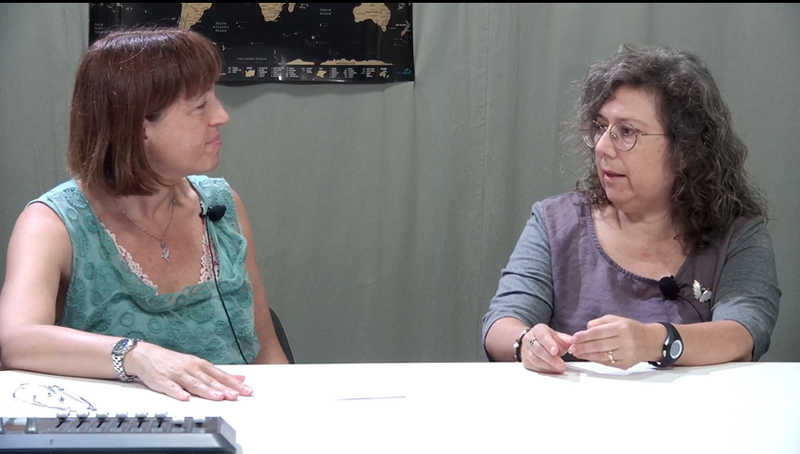Fourth LUMEN Video Pill: María Mercedes Ortiz García on Environmental Law and Legal Personhood for Mar Menor
The Spanish jurist, visiting the University of Bologna, discusses the Mar Menor Law and the challenges of shifting toward an ecocentric model in environmental governance
Published on 25 July 2025 | Video Pills
LUMEN Video Pills - interview to María Mercedes Ortiz García
The Video Pills series of the LUMEN project – Law of natUre and huMan Ecosystem approach – continues with a new interview exploring the intersections between law, ecology, and legal innovation. After featuring Avila Santamaría, Michele Carducci, and Federica Costantini, the fourth video pill highlights María Mercedes Ortiz García, Professor of Administrative Law and Academic Secretary at the Faculty of Law, University of Alicante.
Ortiz García – author of several scholarly publications and actively involved in research on environmental law, commons, and sustainable governance – reflects on Administrative Law as a tool for inclusive and ecological public policies oriented toward the common good.
The interview was conducted by Silvia Bagni, LUMEN project coordinator at the University of Bologna, on June 19, 2025, during Ortiz García’s Erasmus+ visiting period at UNIBO.
At the heart of the conversation is the groundbreaking legal development in Spain: the recognition of legal personhood for the Mar Menor, the first lagoon in Europe to be granted such status through a citizen-led legislative initiative. The professor examines the symbolic and practical significance of this law, its constitutional legitimacy, and the challenges of implementation—especially regarding the balance between private economic interests and environmental protection.
The interview closes with a reflection on the paradigm shift needed to tackle the ecological crisis: moving from an anthropocentric to an ecocentric perspective that acknowledges nature as a legal subject. A thought-provoking contribution that enriches the LUMEN project’s dialogue on the legal transformations required to build a more just and sustainable future.
